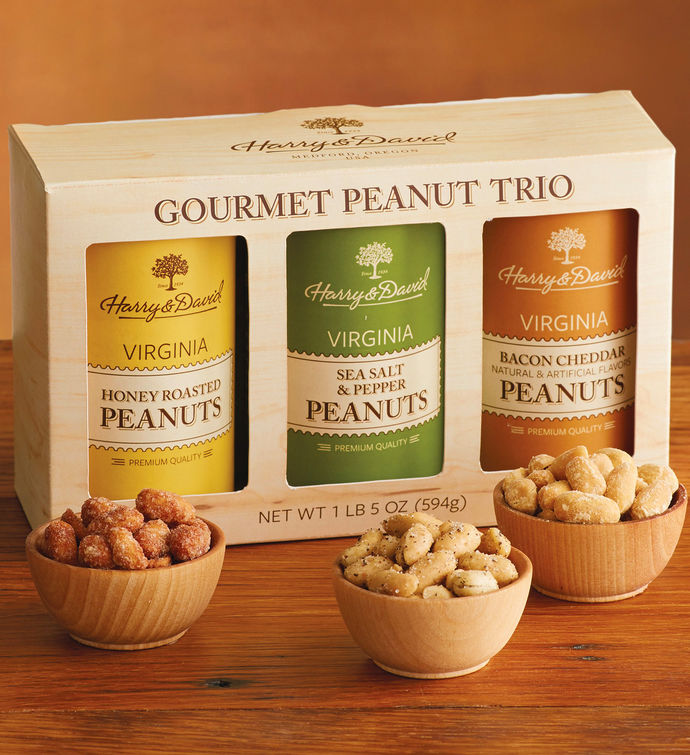Peanuts
December 12, 2018
DO you see these peanuts? Do you know what I could have done if I were a successful advertising copywriter with a few rhetorical tricks to get you to buy them for Christmas?
I would have convinced you, with just a few words, that instead of possibly being made in a peanut sweatshop somewhere by people who have never heard of Virginia, they were roasted in an “artisanal” workshop. I would evoke craftsmen in black aprons roasting nuts over a roaring fire. Once I used the words “artisanal” or “hand-picked,” I would have you, and then could basically lather it up with the “sea salt,” which would evoke images of yourself in the open air, instead of stuck in traffic or on the sofa, exhausted from the daily grind.
The “bacon cheddar” flavoring — possibly not made from much of anything from a pig or a cow, but in a laboratory — would be a problem. But I would use the word “small batch” before the “bacon cheddar.” That would divert your attention from the “artificial flavors,” which evokes smokestacks and people in labs.
Words like “handcrafted” and “small batch” and “artisanal” unfailingly work in advertising even though large numbers of people basically realize they are shams. They work because everyone instinctively wants to live in an artisanal world. We were made for a “small batch” economy.
We despise the conglomerization of everything, whether we know it or not.
Some people, mostly liberals, admit they dislike it. Other people, mostly conservatives, talk as if all this conglomerization is good because it’s “Capitalism” and without Capitalism we would have Communism.
This is not true. There is a third way, and that is the determined, organic cultivation of small businesses, small farmers, and a generally decentralized existence.
But how, you ask, can we possibly bring about this happier state of affairs and live in a more “artisanal” world? How can we have our peanuts more often roasted by craftsmen, even ones who live nearby?
We can take the first steps.
The very first step is to acknowledge that we object to the bigness of the modern world, that it is unhealthy, unnatural and leads to inequalities in wealth, as well as the frightening centralization of power and the loss of political freedom because to work for someone else, especially a distant multinational corporation, is automatically to lose some political freedom, in particular the freedom to voice dissent. The conglomerization of our world is deeply un-American; a small-batch existence was exalted by our founders. Big Business is intimately and necessarily connected with the Sexual Revolution, which was never, ever about true freedom but about political and economic control of the masses. We are given sex, sex, sex and naked ambition to compensate for the grievous loss of the roaring hearth, with all its messy complications, and local farms and small businesses and self-initiative.
The second step is to decide that this bigness is not inevitable, as if following some iron law of nature. It is cultivated.
We should be strongly opposed to it. That’s all. And then we can go from there, letting this stance bloom and unfold naturally. This vision that “Small is Beautiful,” as E.F. Schumacher argued, burns in the heart of every true housewife, I believe, because a housewife feels the impersonal forces keenly and goes out into the world looking for community and finds a strip mall instead.
In the meantime, you don’t need these peanuts, which sell for 25 whole buckaroos! Ha! Give to The Thinking Housewife instead.
You see, I was meant to be an advertising copywriter after all.
Thank you for your generosity.

